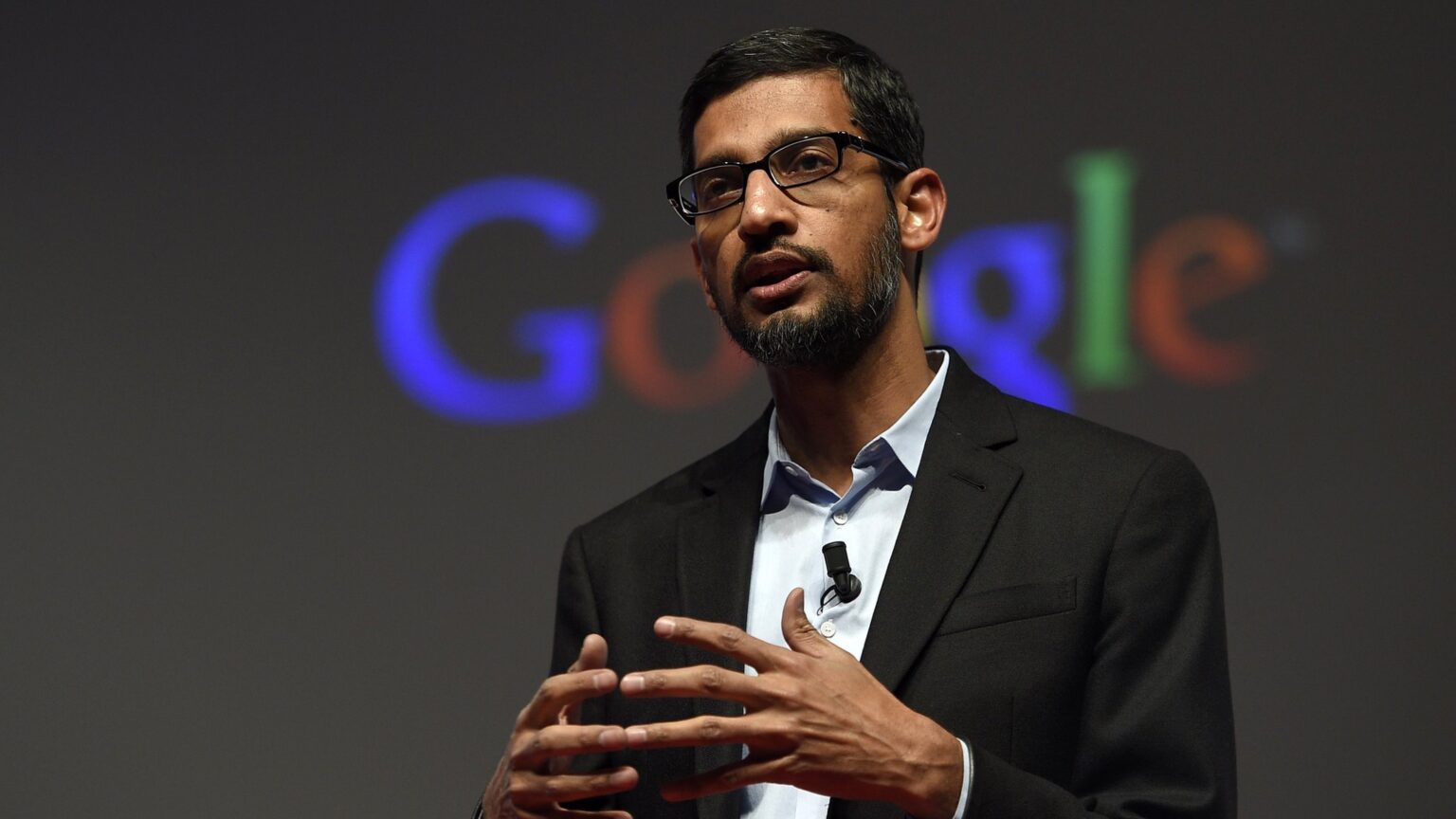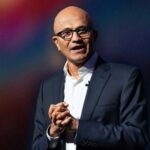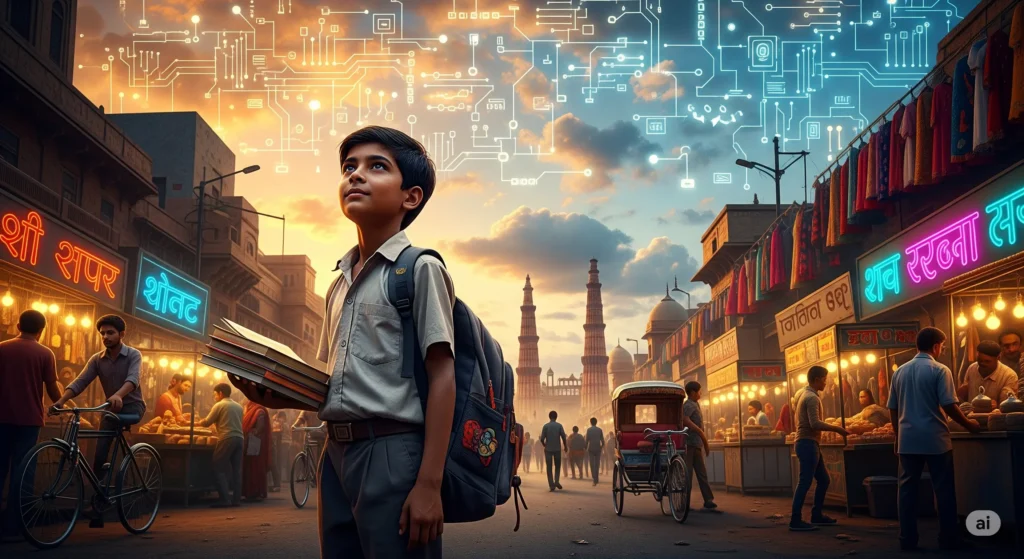Humble Beginnings in South India
Long before he commanded the attention of world leaders and steered Alphabet, the parent company of Google, Sundar Pichai was a quiet boy growing up in Chennai. His family lived in a modest two-room apartment—without a car, without a television, and for many years, without even a phone. His father worked as an electrical engineer at GEC, while his mother gave up her job as a stenographer to raise her children.
Space was tight, money was tighter, and luxuries were non-existent. Pichai often studied by the dim light of a kerosene lamp when power cuts rolled through the neighborhood. His earliest exposure to technology came when the family finally got a landline. Young Sundar discovered he had an unusual gift—he could remember every number dialed. Friends and relatives were amazed at his almost photographic memory for phone digits. That talent, small as it seemed, hinted at a brain built for patterns, structure, and recall—the very skills that would later define his career in technology.
Pichai later reflected:
“We didn’t have much, but we had enough. My parents sacrificed a great deal so my brother and I could pursue our dreams. That sense of humility and gratitude has never left me.”
Education: A Relentless Climb
India in the 1980s was still a place where higher education was seen as the golden ticket to a better life. For students with talent, the Indian Institutes of Technology (IITs) represented the peak of that promise. Pichai’s brilliance in math and science earned him a coveted spot at IIT Kharagpur, where he pursued a degree in metallurgical engineering.
At IIT, his professors quickly noticed something unusual: Pichai combined sharp analytical skills with a calm, collaborative demeanor. He wasn’t just solving problems; he was helping peers see different ways of approaching them. That blend of intellect and soft skills would later become his trademark.
From IIT, Pichai’s ambitions carried him across continents. He earned a scholarship to Stanford University, where he pursued an M.S. in material sciences and engineering. The move was a seismic shift—culturally, financially, and emotionally. His father took out most of the family’s savings—more than a year’s salary—to pay for the trip.
California was a revelation. For a young man from Chennai who had grown up with limited access to technology, Stanford’s laboratories and Silicon Valley’s ecosystem were like stepping into the future. Pichai immersed himself in research, but he also absorbed the Valley’s culture of openness, experimentation, and daring. Later, he pursued an MBA at the Wharton School of Business, where he was named a Siebel Scholar and a Palmer Scholar—marks of his academic excellence and leadership promise.
Entering Google: A Humble Beginning in 2004
Pichai’s professional journey could have taken him anywhere—consulting firms, established industrial giants, or finance. But in 2004, he made a decision that would change his life: he joined Google as a product manager.
Google was still a relatively young company at the time, famous for its search engine but far from the global behemoth it would become. Pichai’s first major assignment was working on the Google Toolbar, a small but strategic tool that made it easier for Internet Explorer and Firefox users to access Google search. His clear vision and persuasive skills helped convince partners and colleagues of its importance.
But his real turning point came when he advocated for Google to build its own browser. It was a bold idea—Microsoft’s Internet Explorer dominated the market, and building a browser required enormous resources. Many inside Google hesitated. Pichai persisted. He laid out the long-term advantages, calmly winning over skeptics. The result was Google Chrome, launched in 2008.
Chrome quickly became the world’s most popular web browser, surpassing Internet Explorer and Firefox. More than just a product, it was proof of Pichai’s ability to see around corners, anticipate user needs, and back up vision with flawless execution.
Rising Through the Ranks
After Chrome’s success, Pichai’s influence inside Google expanded rapidly. He took charge of Gmail and Google Maps, strengthening their design, usability, and global reach. His leadership style was notably different from the stereotype of Silicon Valley’s brash, aggressive executives.
Pichai led with humility. Colleagues describe him as someone who listens more than he speaks, who draws out the best ideas from the room, and who avoids ego battles. As one colleague put it:
“Sundar doesn’t need to win arguments. He wants the best ideas to win. That’s why people trust him.”
In 2013, when Andy Rubin stepped aside, Pichai was chosen to lead Android, the world’s largest mobile operating system. It was a role of immense responsibility—billions of devices and users worldwide depended on Android’s ecosystem. Pichai guided Android’s integration with Google services, ensuring it remained open-source while also deeply tied to the company’s revenue engines like search and ads.
By 2015, when Google announced a massive restructuring to form its parent company Alphabet, Pichai was the natural choice to become CEO of Google. In 2019, he was elevated again—this time to CEO of Alphabet itself, overseeing not only Google but also its experimental ventures in artificial intelligence, health, and self-driving cars.
Leading Google in a New Era
Being CEO of Alphabet and Google is not just about building products. It means steering one of the most powerful companies in the world through uncharted waters—privacy debates, antitrust investigations, AI ethics, and global regulation.
Pichai has approached these challenges the same way he approached his childhood struggles—with calm resilience and long-term thinking. He has testified before the U.S. Congress, navigated geopolitical tensions, and defended Google’s vision for an open web while acknowledging the need for responsibility.
Under his leadership, Google has doubled down on artificial intelligence, with breakthroughs in natural language processing, machine learning, and generative AI. Products like Google Assistant, TensorFlow, and advances in search reflect Pichai’s belief that AI is not just a tool for efficiency but the next major platform shift in human-computer interaction.
He has also emphasized sustainability, committing Google to operate on 24/7 carbon-free energy by 2030—a bold pledge for a company with massive global infrastructure.
A Leadership Style That Resonates
What makes Pichai’s story so compelling is not just his rise, but the way he leads. Unlike many celebrity CEOs, he avoids theatrics. He believes in soft power—listening, persuasion, and building consensus.
His background shaped that. Growing up in a crowded home taught him patience. Navigating Stanford on limited means taught him humility. Convincing Google to back Chrome taught him persistence. Leading Android taught him scale. All of it fused into a leadership style uniquely suited for a company like Google, where innovation must coexist with scrutiny.
He once told graduates at his alma mater:
“Wear your failures as a badge of honor. Don’t be afraid to dream big. Technology can level the playing field—but only if we use it to improve lives, not just profits.”
Lessons for NRIs and Global Dreamers
Sundar Pichai’s story resonates deeply with the global Indian diaspora and NRIs across the world. It offers a roadmap:
- Roots Are Strength, Not Limitation – A two-room apartment in Chennai did not limit his trajectory; it prepared him to thrive under constraints.
- Education as the Great Equalizer – From IIT Kharagpur to Stanford to Wharton, learning was his bridge between scarcity and abundance.
- Soft Skills Matter as Much as Hard Skills – His technical brilliance was amplified by his humility, empathy, and communication.
- Think Long-Term – Pichai’s insistence on Chrome, despite resistance, shows the power of vision aligned with patience.
- Success Is Collective – He credits his family, mentors, and teams as much as his own effort—a reminder that leadership is never a solo act.
Closing Reflections
Today, Sundar Pichai stands at the helm of Alphabet, one of the most valuable and influential companies in the world, with a market cap exceeding a trillion dollars. Yet he remains, at his core, the boy from Chennai who studied by candlelight, memorized phone numbers for fun, and believed education could change everything.
His journey is a reminder that the world’s most valuable resource isn’t data or capital—it’s human resilience. Pichai’s life proves that humility.






